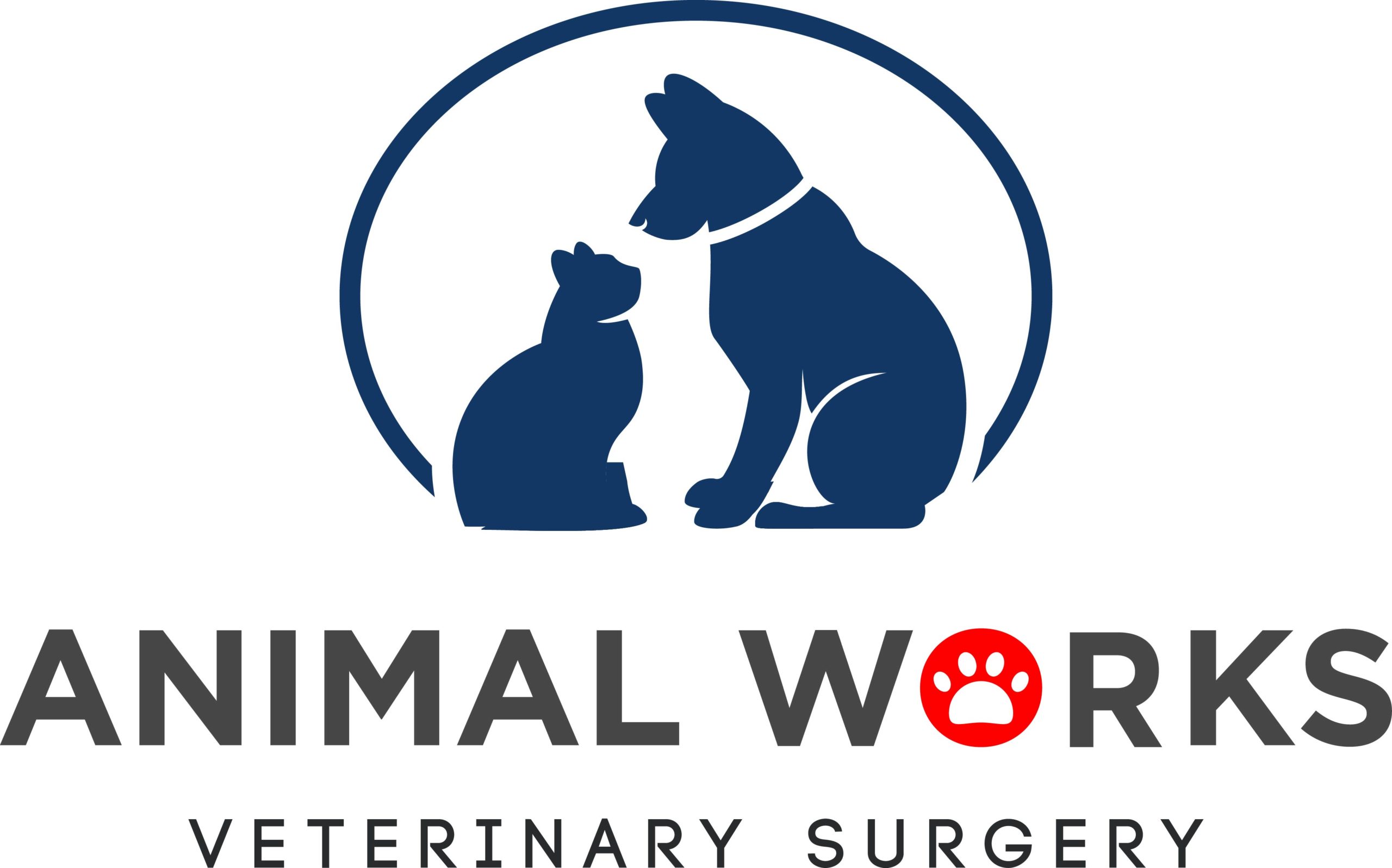Dental Surgery
APPOINTMENTAll You Need to Know
Did you know most dogs and cats over the age of three have dental disease?
By three years of age, most dogs and cats have some level of periodontal disease. Not always apparent to pet owners, dental disease can cause oral pain, infection, inflammation, and other health problems, decreasing the quality of life for your pets. Left untreated, dental disease can lead to more serious health complications that may extend beyond your pet’s teeth.
5 Reasons Why Routine Dental Care is Essential for Your Pets

Our stoic little creatures are good at hiding pain and discomfort. For this reason, many pet owners are oblivious to their pet’s active dental disease. Keep an eye on your pet’s dental health by simply lifting their mouth to see those teeth. Always look for signs that may indicate your pet is in pain. (see what are the signs of periodontal disease below)

If a whiff of your pet’s breath makes you nearly pass out, it is time you give us a call. When your pet has a healthy mouth and healthy teeth, the bad breath will be a thing of the past.

Bacteria in plaque can enter the bloodstream and spread to the heart, kidneys, and liver. This spread of bacteria can potentially cause serious illness. Poor oral health can shorten a pet’s life span by three to five years.

Your pet’s teeth can fall out if not given proper care, which can be painful and lead to other health problems as mentioned. Good pet dental care will ensure that those teeth stay healthy and keep in place.

Because so many pets have dental disease by the time they are 3 years old, it can be difficult to prevent it from developing in the first place. However, good routine dental care and proper monitoring can prevent dental disease from becoming severe and causing problems throughout your pet’s body.
What is periodontal disease?
What are the signs of periodontal disease?
- Inflamed and red gums
- Visible tartar on the teeth
- Broken or missing teeth
- Bad breath
- Decreased appetite or trouble eating
- Unusual discharge from the mouth
- Swelling of any area near the mouth
- Abnormal chewing or excessive drooling
- Painful when touched near mouth
If you notice your pet having any of these symptoms give us a call to set up a dental consult.
How do we treat periodontal disease?
Why would my pet need dental extractions?
- If your pet still has baby teeth
- Teeth are dead and causing pain and infection
- If teeth have an abscess or pocket of infection at the root
- Teeth are fractured (example: from chewing something too hard like rocks or hooves)
- Teeth are loose and uncomfortable
How often should my pet have a professional dental cleaning?
Why do we need dental x-rays?
What do I need to know to prepare for my pet’s dental procedure?
A team member will call or text you to let you know when your pet is out of surgery and in recovery. They will also let you know what time to pick your pet up to go home. You will be sent home with a postoperative care form and any prescribed medications for your pet’s recovery.
Please ensure your pet does not have any of the following symptoms before the appointment: no vomiting, diarrhea, coughing, sneezing, lethargy, loss of appetite, or anything that appears as odd or not normal behavior for your pet.
We strongly recommend that ALL pets be up-to-date on vaccinations, primarily Rabies and DA2PP (dogs)/ FVRCP (cats). Please note, proof of these vaccinations from a qualified veterinarian will need to be provided prior to or during your appointment.
All cats must be in a sturdy appropriate size carrier and all dogs on leashes.
Please note we accept cash, CareCredit, Scratchpay, and most major credit cards (no Checks). Full payment is due at the time of pickup.
